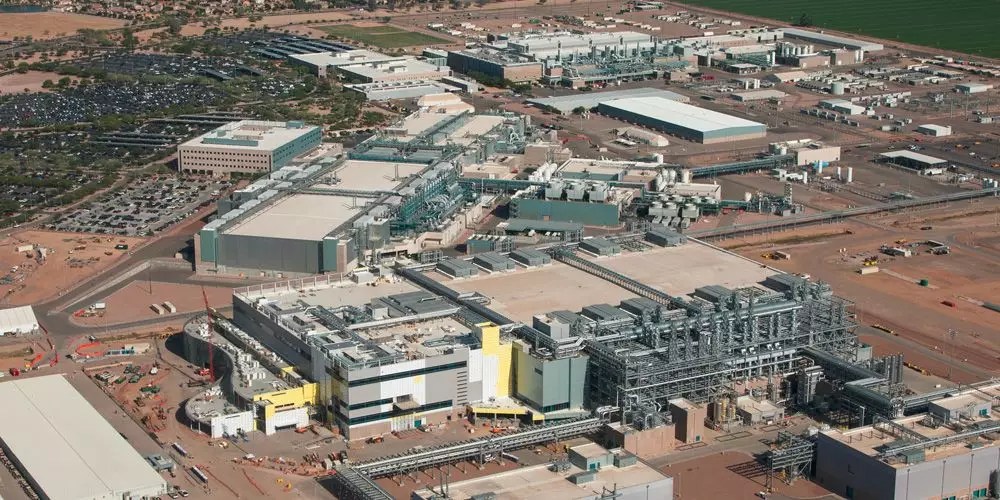The CHIPS Act, signed into law in August 2022, aims to boost semiconductor manufacturing in the US. It goes beyond commercial incentives, as part of a broader strategic move to reduce reliance on manufacturing in Asia. The Act allocates funding to attract chipmakers to US soil, with Samsung, Intel, and TSMC set to receive substantial grants and subsidies.
According to Bloomberg, Samsung is expected to receive $6 billion, TSMC over $5 billion, and Intel up to $10 billion in federal funding. All three companies have fab facilities either planned or under construction in the US. Samsung is constructing a 4nm EUV manufacturing facility in Taylor, Texas, with an estimated cost now reaching $25 billion due to inflation and labor costs. Despite this increase, Samsung aims to expand its operations beyond Texas.
Intel is building facilities near Columbus, Ohio, while also expanding in Arizona and opening a new plant in New Mexico. The delays in the Ohio plant’s construction have been a setback, making the incoming CHIPS funding crucial. TSMC, earmarked for $5 billion, is planning a $40 billion investment in the US but has faced delays in its Arizona facility. Chairman Mark Liu has hinted at the need for more government incentives.
With billions of dollars in CHIPS grants and loans set to flow, the question arises: will this be enough to incentivize chipmakers to continue long-term investments in the US? While the injected funds are substantial, the overall costs of these cutting-edge facilities may still pose a challenge. It remains to be seen how the chipmakers respond to the incentives and whether the US can truly shift the landscape of semiconductor manufacturing.


Leave a Reply